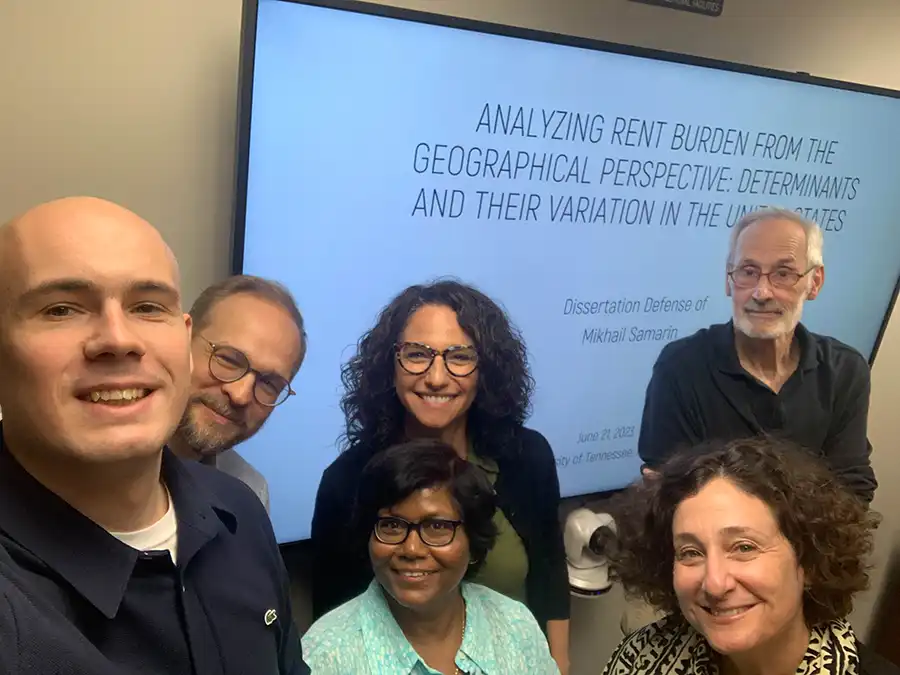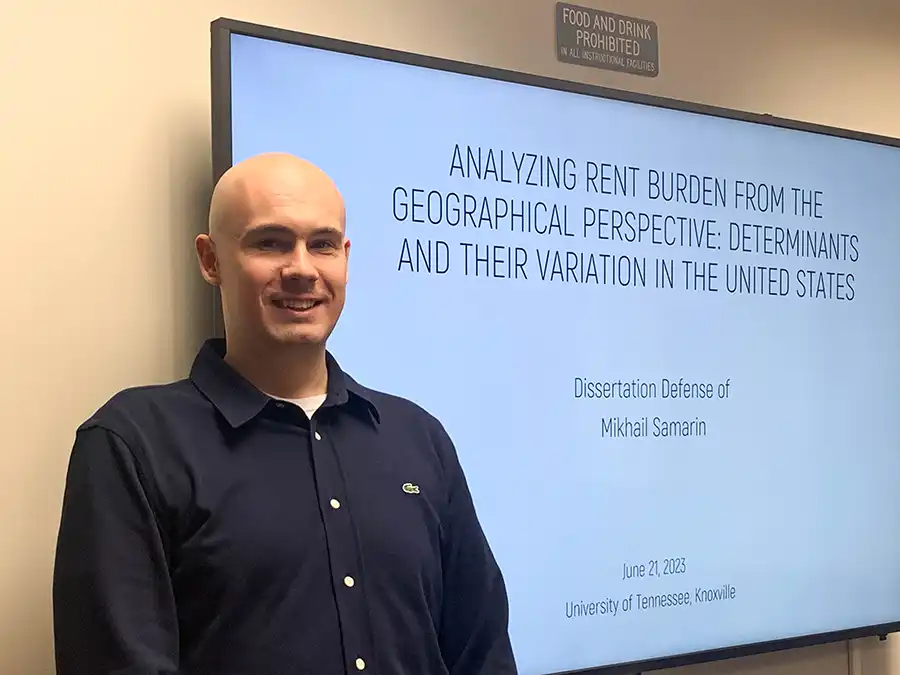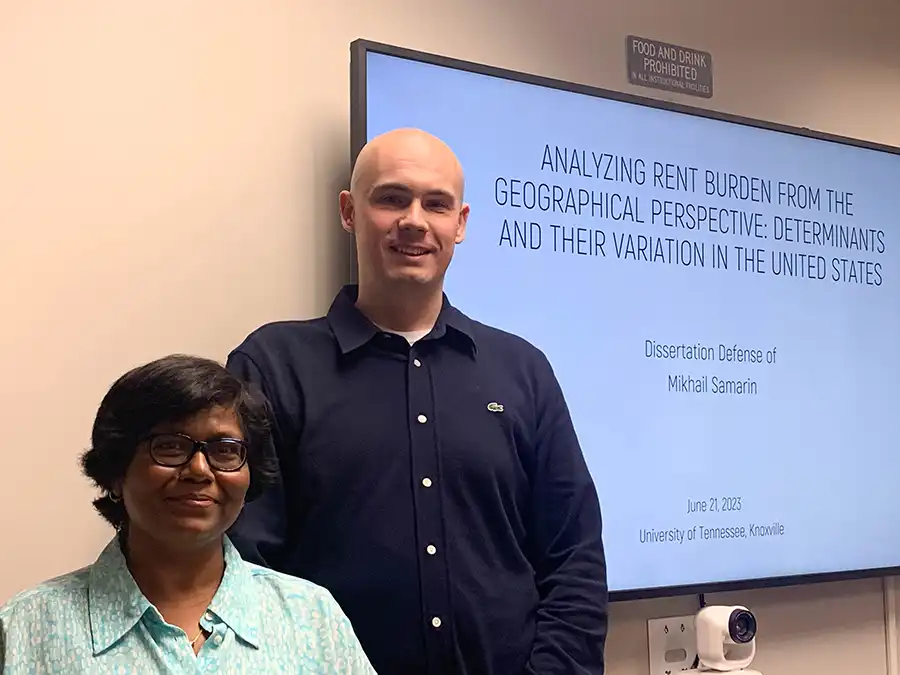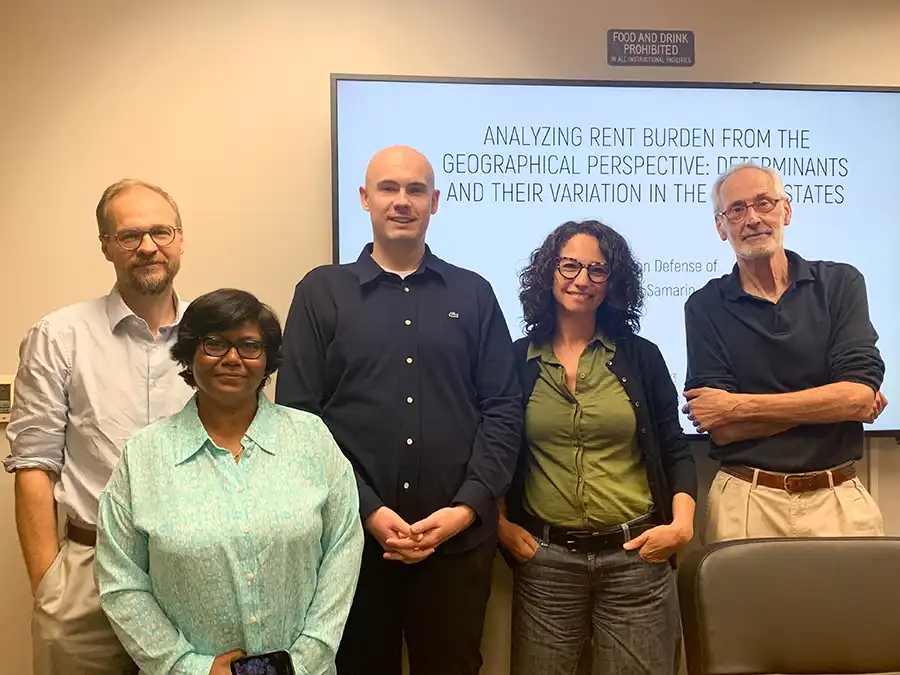Derek Alderman in ‘The Conversation’: “The renaming of universities and campus buildings reflects changing attitudes and values”
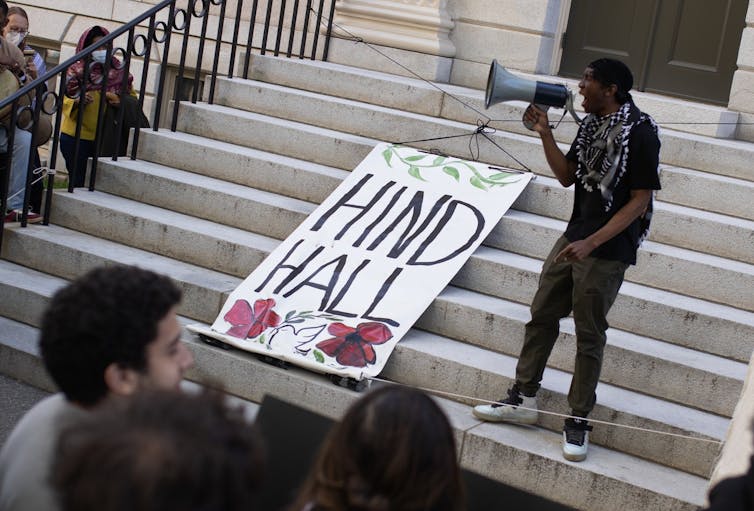
As protests have swept across university campuses calling on higher education institutions to break ties with Israel over the war in Gaza, one tactic that protesters used to raise awareness of the war’s devastating human cost has been renaming campus buildings.
When protesters occupied Hamilton Hall at Columbia University in April, they displayed a banner renaming the building “Hind’s Hall,” which is also referenced in rapper Macklemore’s protest song of the same name. This name recognizes Hind Rajab, a Palestinian child whose story went viral after her killing in Gaza. Israel denied responsibility, but the death sparked international outcry after Palestinian paramedics released audio of a desperate phone call as gunfire erupted.
Student protesters at Harvard University, the University of California at Berkeley, McGill University and the University of Melbourne also unofficially renamed campus buildings in response to the war in Gaza.
These fleeting symbolic name changes follow years of campus renaming efforts. Students have led many of these movements calling on universities to permanently rename places and remove monuments honouring racist historical figures.
Many universities have developed policies to govern the place naming process on their campuses.
In a recent study, our research team examined naming policies at 620 liberal arts colleges and universities in Canada and the United States.
How inclusive are university naming policies?
Place names and other memorials contribute to the making of a campus’s cultural landscape. As elements of daily campus life, they are part of the “hidden curriculum” that expresses and teaches the values of the university community beyond the confines of the classroom.
To assess how inclusive university naming policies are, we considered several key metrics: faculty and student representation, public consultation and any reference to “diversity” (however defined) in naming policies.
Our study found that 19 per cent of university naming committees include a faculty representative and only 11 per cent have a student representative.
However, faculty and student representation are more prevalent at Canadian universities than their U.S. counterparts.
We calculated that half of all Canadian universities with naming policies have faculty representation on their naming committees, compared to only 16 per cent of U.S. higher education institutions. Student representation on naming committees is also higher in Canada (21 per cent) than the U.S. (10 per cent).
Additionally, our research findings indicate that five per cent of university naming policies mention public consultation (18 per cent in Canada and four per cent in the U.S.).
The proportion is even lower for naming policies that refer to “diversity” broadly conceived (two per cent total, with three per cent in Canada and two per cent in the U.S.). An example of such a diversity statement can be found in the naming policy at California State University at East Bay. One of its naming principles is “the desirability of achieving over the long run a pattern of names that will reflect the ethnic and gender diversity” in the broader society.
Racial and gender imbalances in campus names
Few universities have adopted a systemic approach to place naming that strives for diversity in the pattern of names on campus. Instead, name changes are commonly considered on a case-by-case basis to recognize wealthy donors or past university presidents, most of whom are white men.
These conventional approaches to place naming have resulted in significant racial and gender imbalances in the names on university campuses. Addressing these imbalances is an important action that universities can take to create more inclusive campus environments.
In many cases, students have led the way in pressing for change. By 2020, our study found that naming controversies were documented at 165 universities in Canada and the U.S., and this number has continued to grow.
Some universities have updated their naming policies in light of recent controversies and to repair relationships with Indigenous communities.
More inclusive naming policies needed
University naming policies play an important role in the process of campus place naming. However, many naming policies have proved inadequate to address the challenges posed by systemic inequalities in campus place names.
Here we propose three key recommendations to inform best practices for university naming policies.
Recommendation 1: University naming policies should ensure that key stakeholders – such as faculty and students – have formal representation on university naming committees.
Recommendation 2: Meaningful opportunities for public consultation should be incorporated into the campus place naming process.
Recommendation 3: University naming committees should conduct campus place name audits and develop systemic approaches to reviewing how individual naming proposals relate to the broader campus “namescape.”
These recommendations can help university leaders become more responsive to the needs of university communities. Treating place names as meaningful symbols can foster a sense of belonging in contrast to primarily viewing naming rights as assets to be exchanged for donor support.
If universities are truly committed to creating inclusive campus environments, developing policy frameworks that work toward addressing systemic imbalances in the campus landscape is a step in the right direction.![]()
Reuben Rose-Redwood, Professor of Geography and Associate Dean Academic, Faculty of Social Sciences, University of Victoria; CindyAnn Rose-Redwood, Associate Teaching Professor, Geography, University of Victoria, and Derek H. Alderman, Professor of Geography, University of Tennessee
This article is republished from The Conversation under a Creative Commons license. Read the original article.

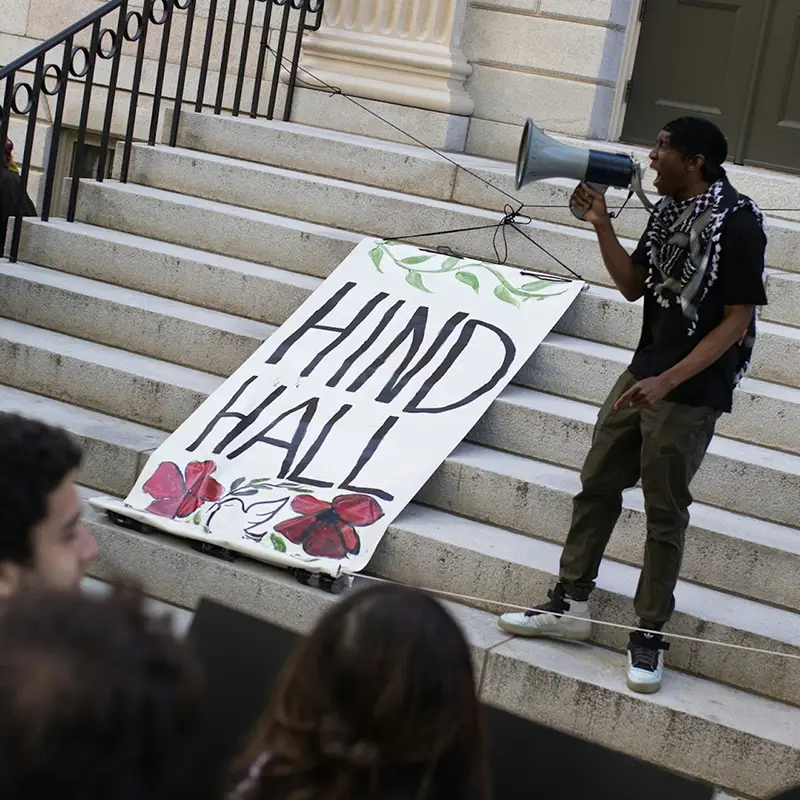
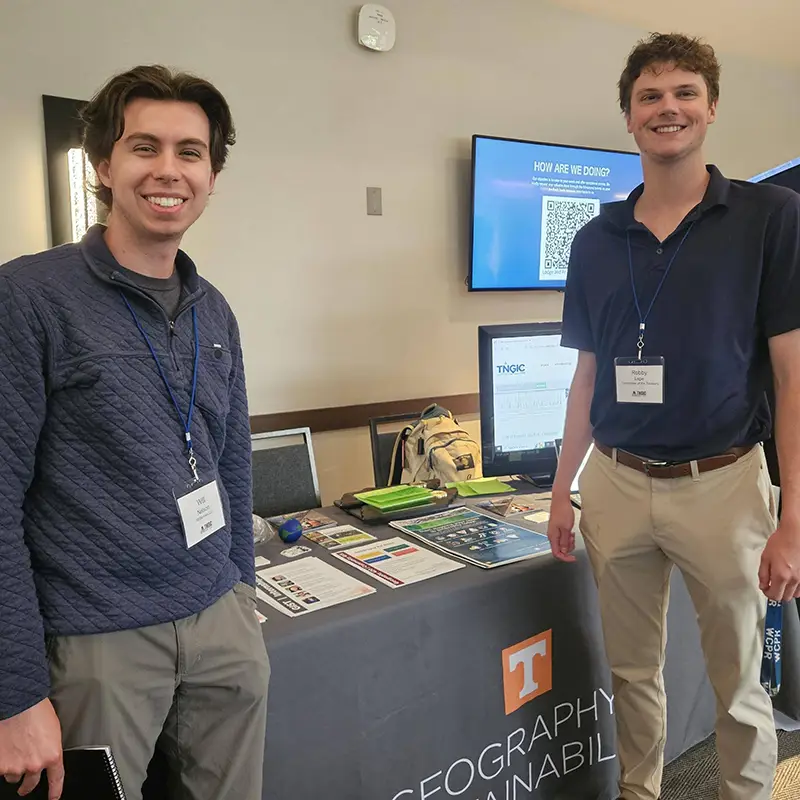
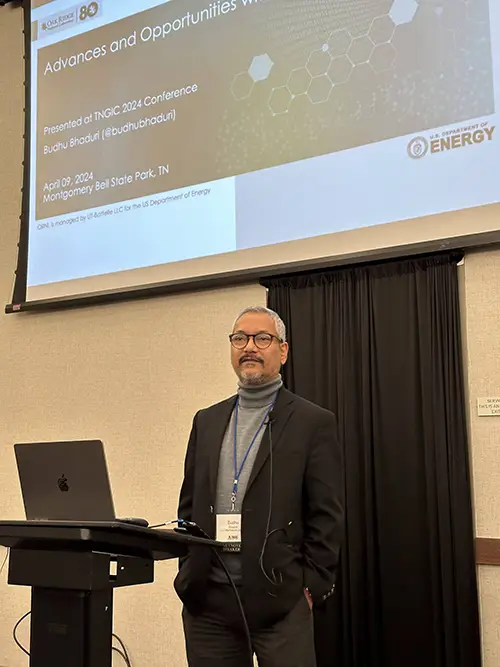
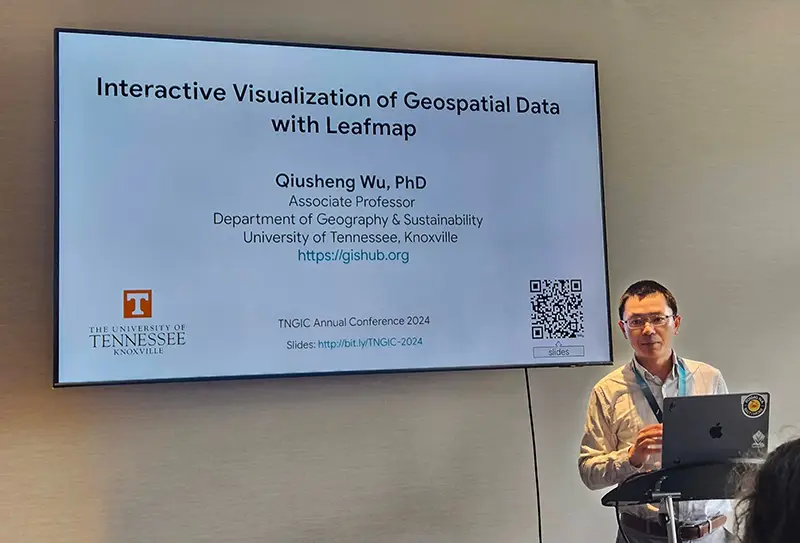
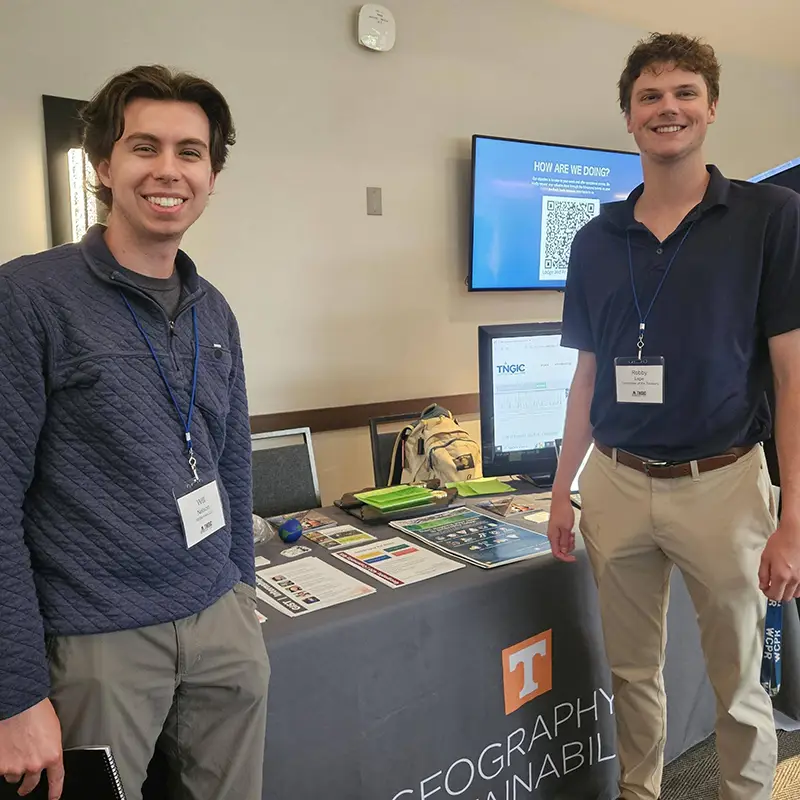


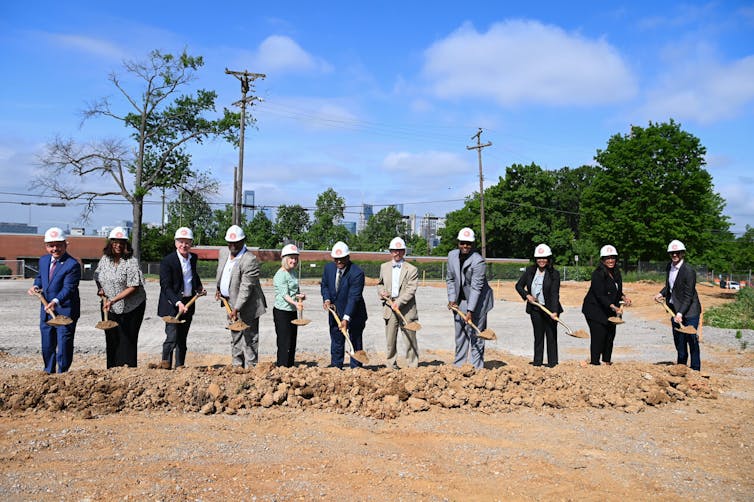
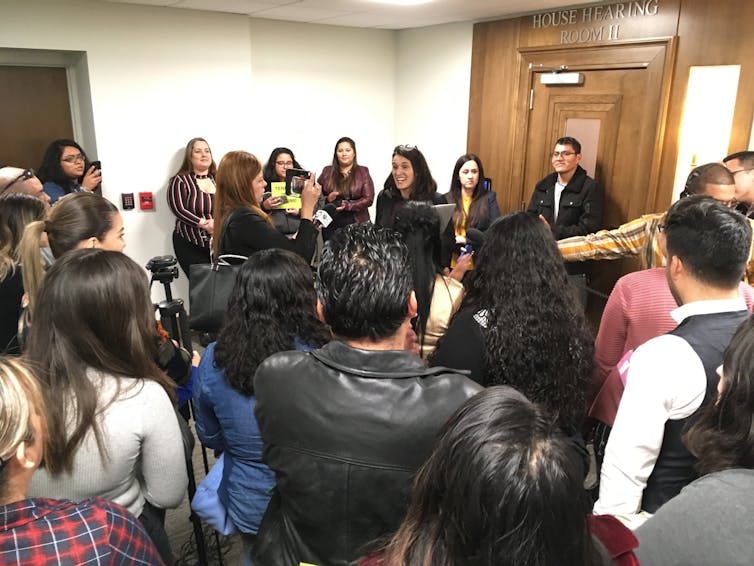
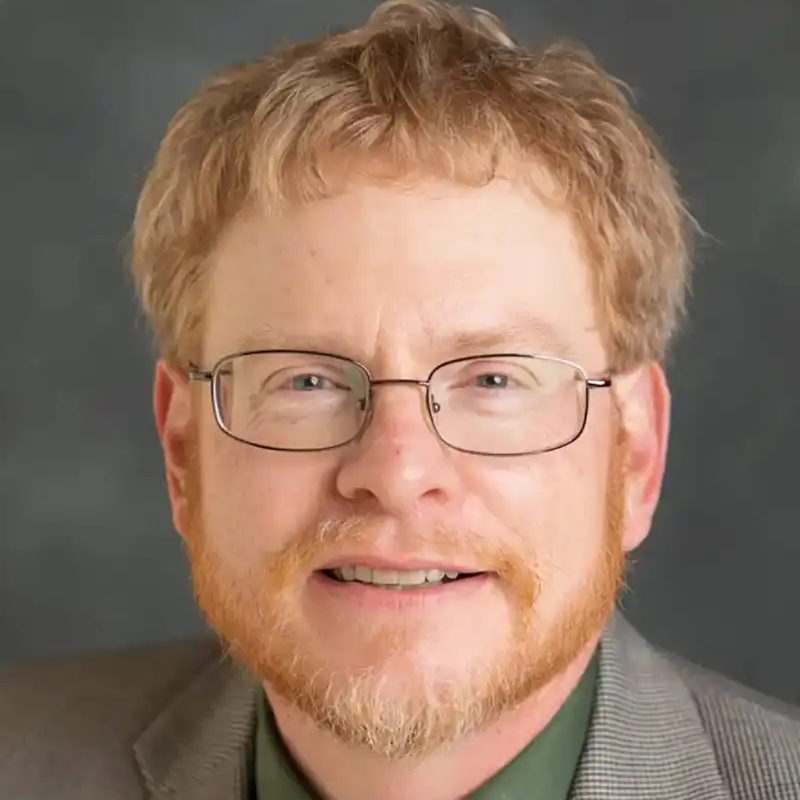
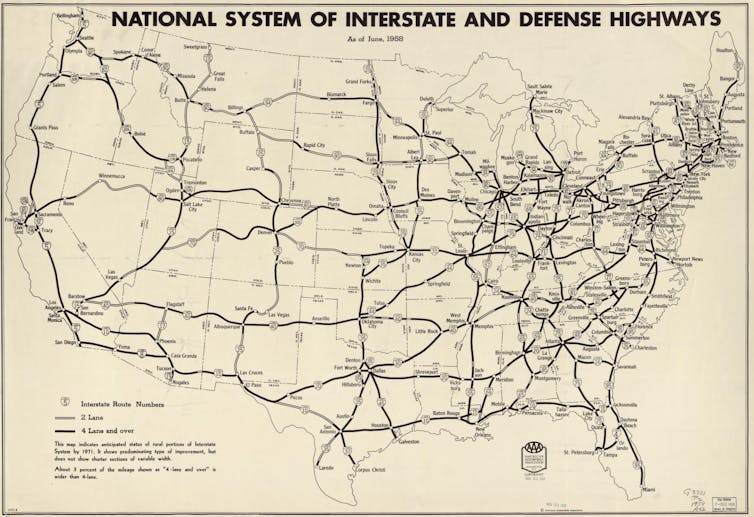
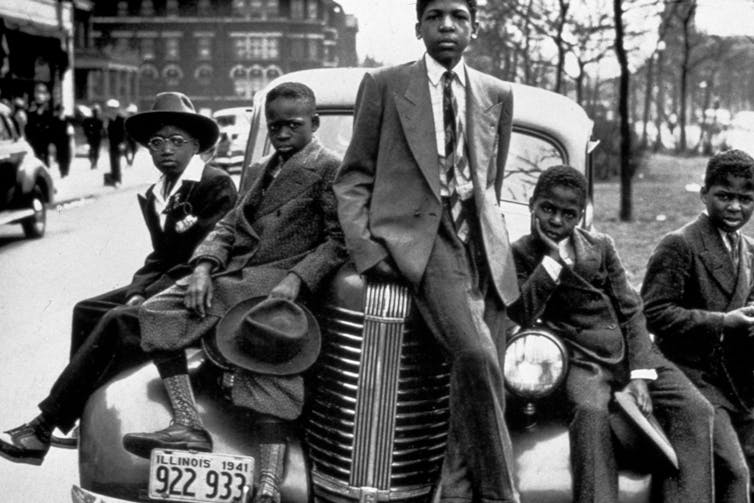


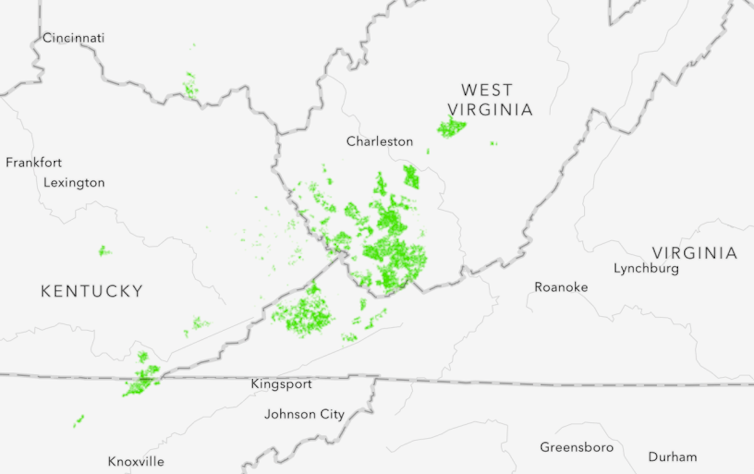
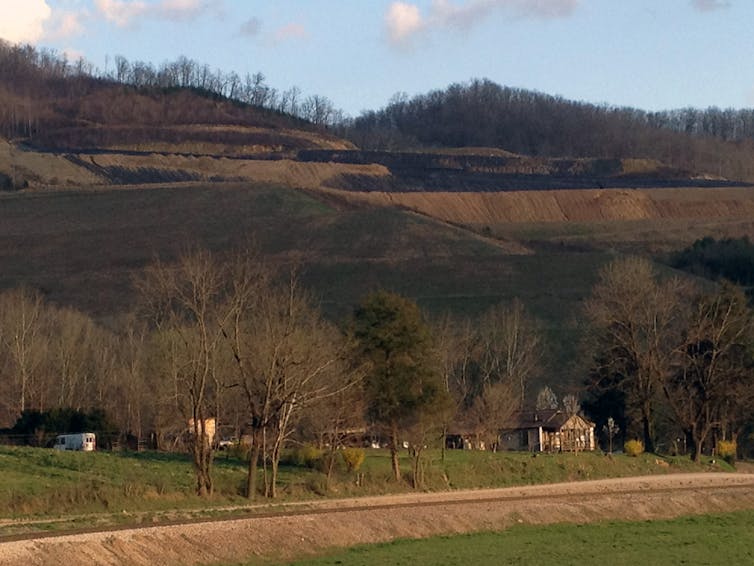
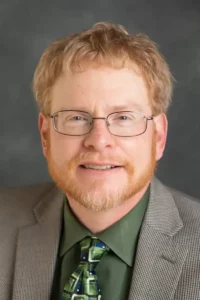
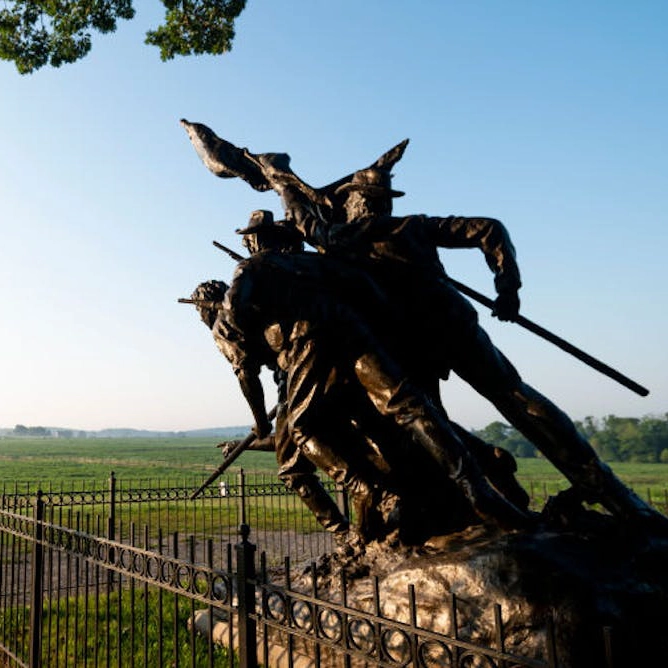
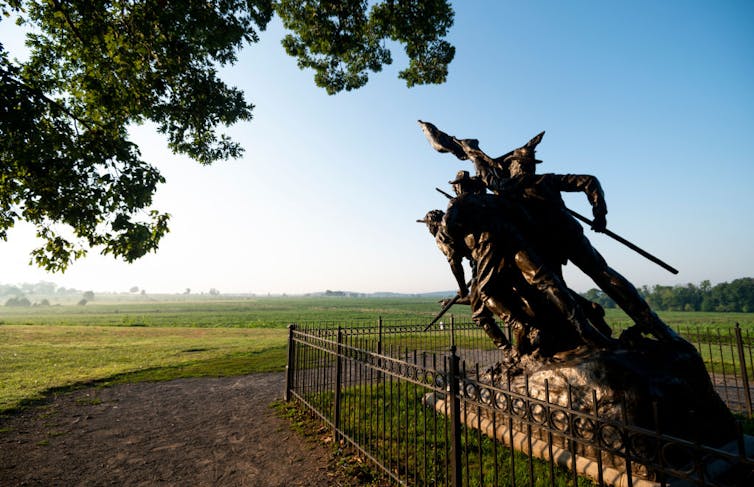
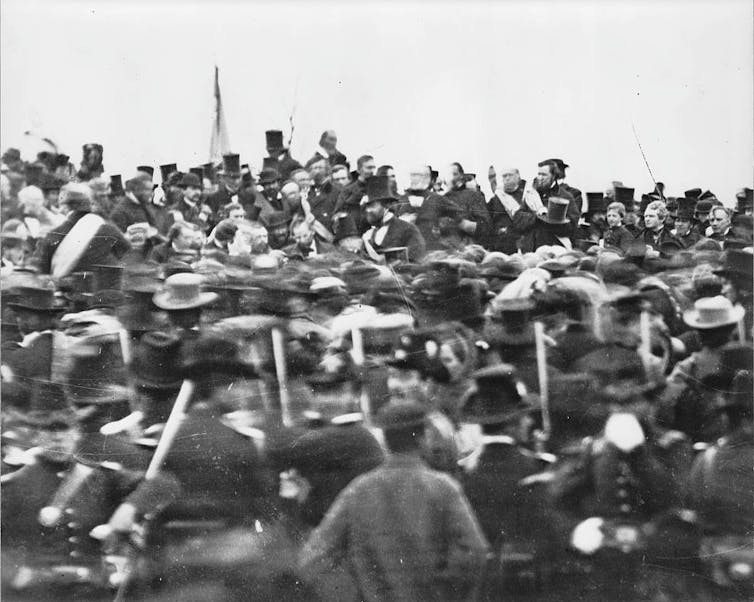
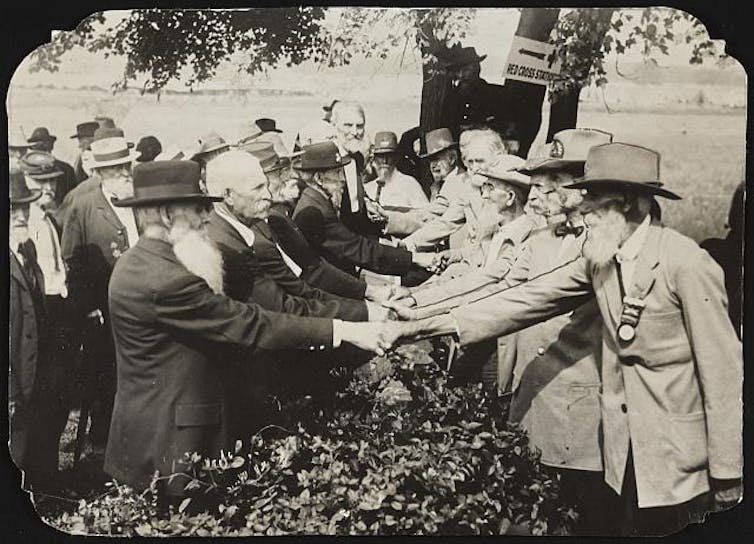
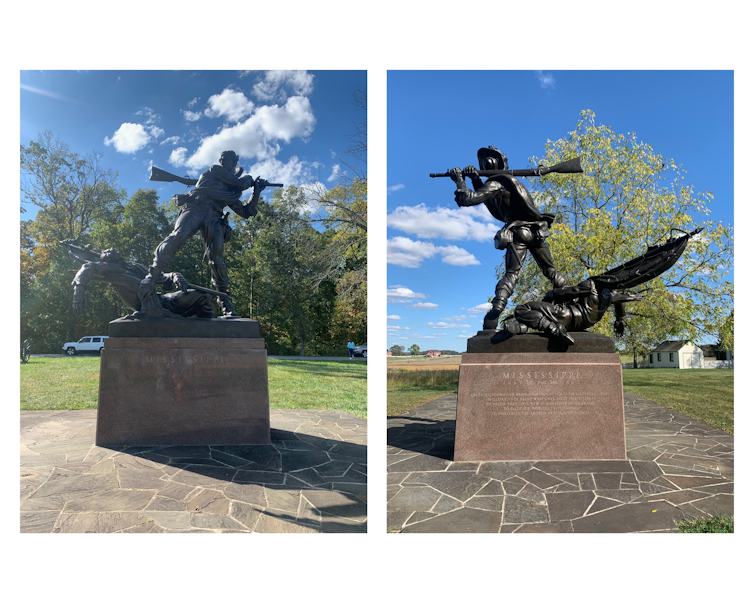
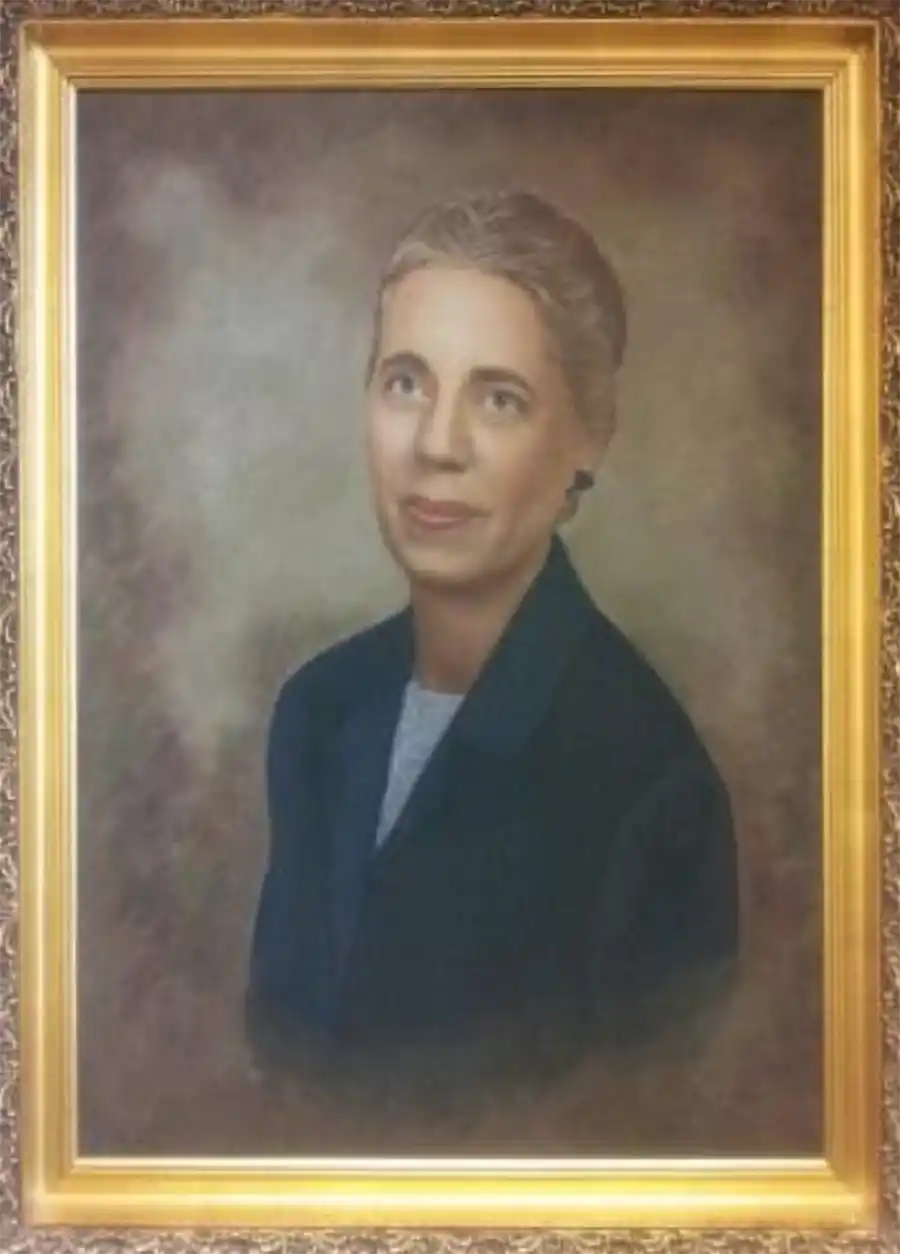
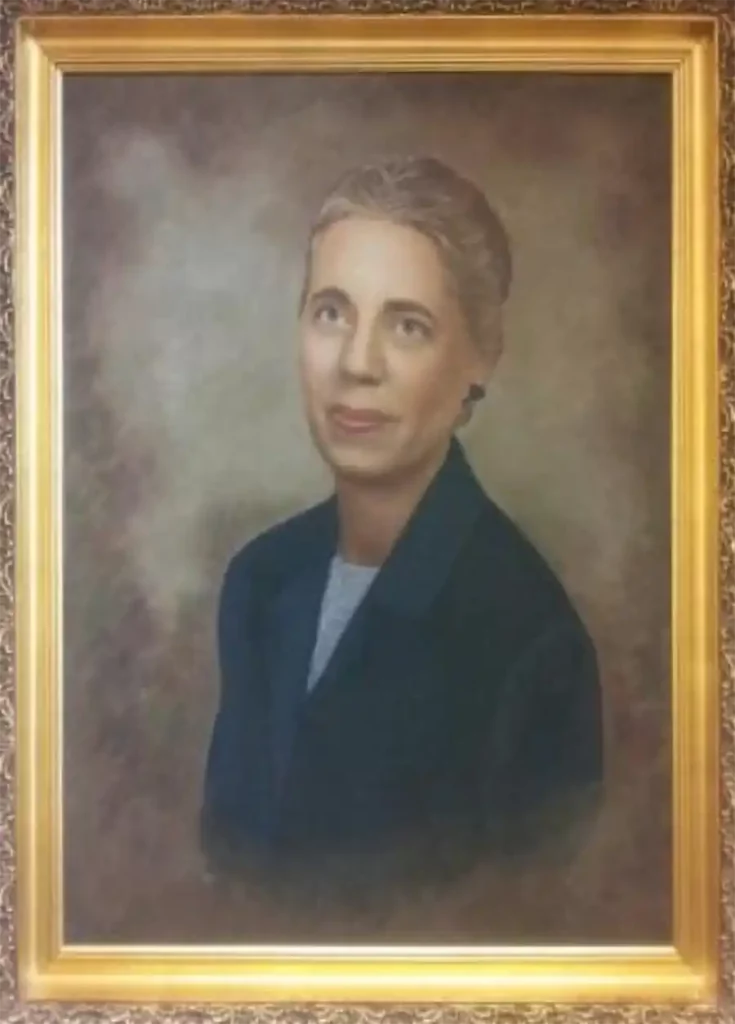

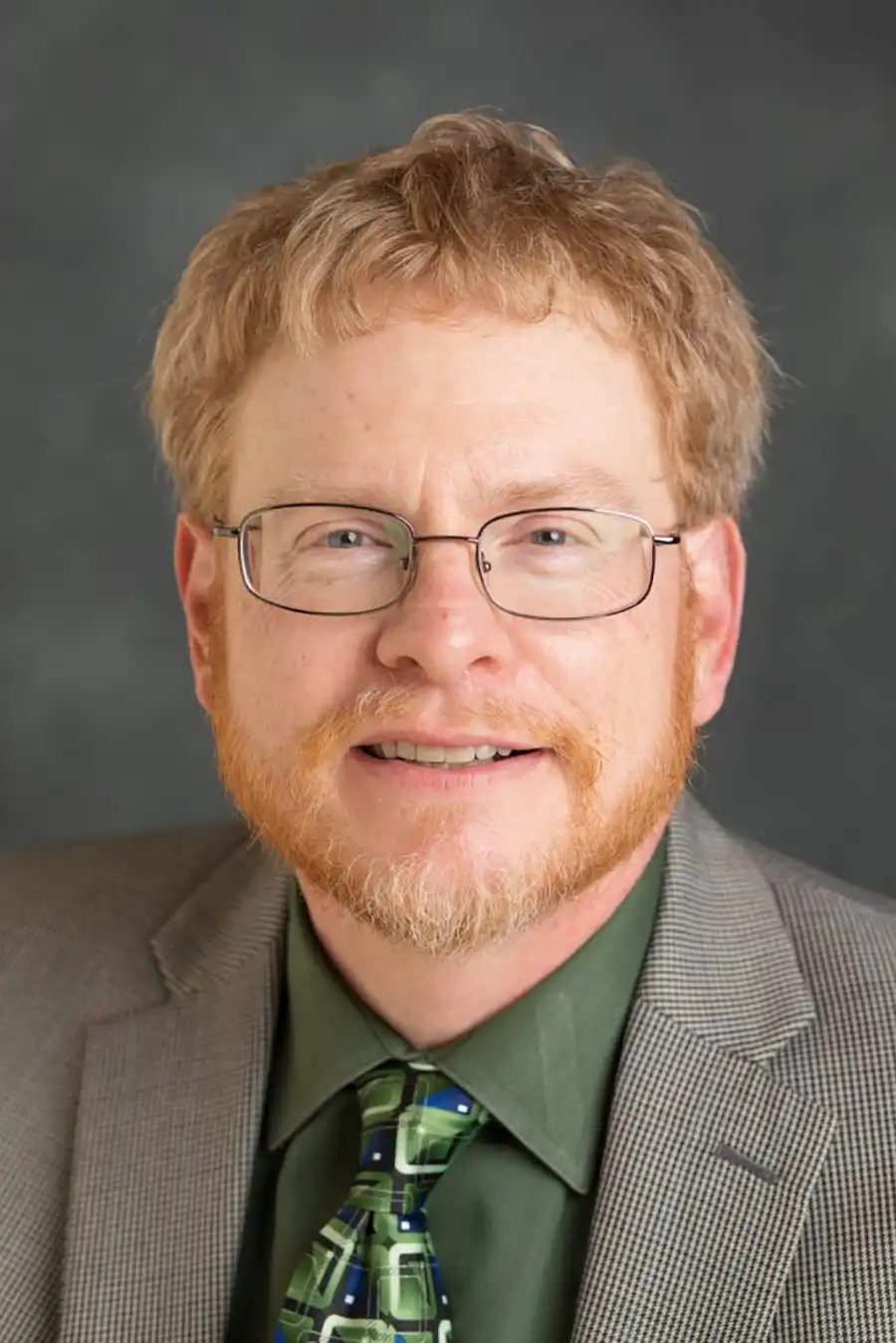 Our esteemed colleague, Dr.
Our esteemed colleague, Dr. 